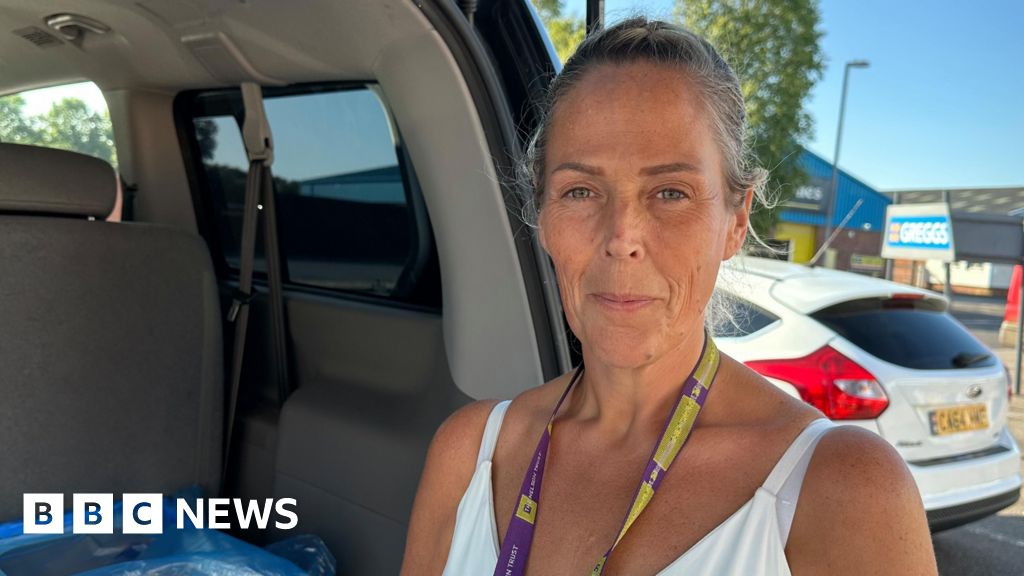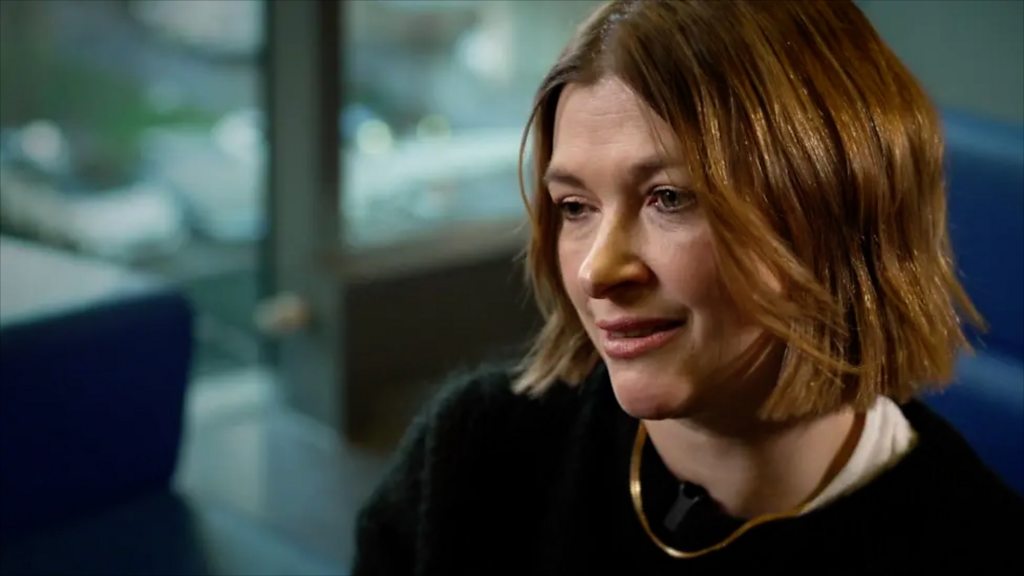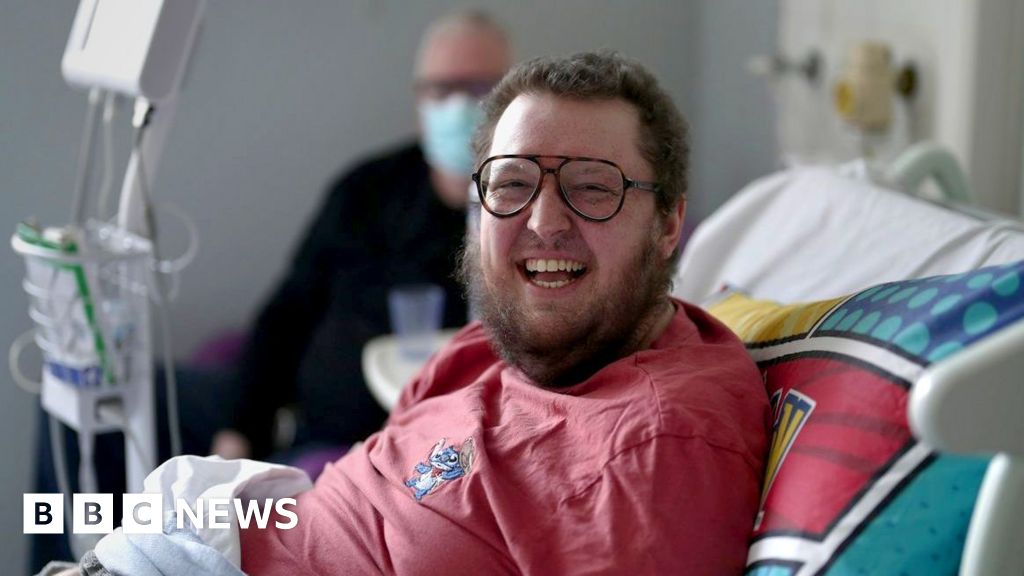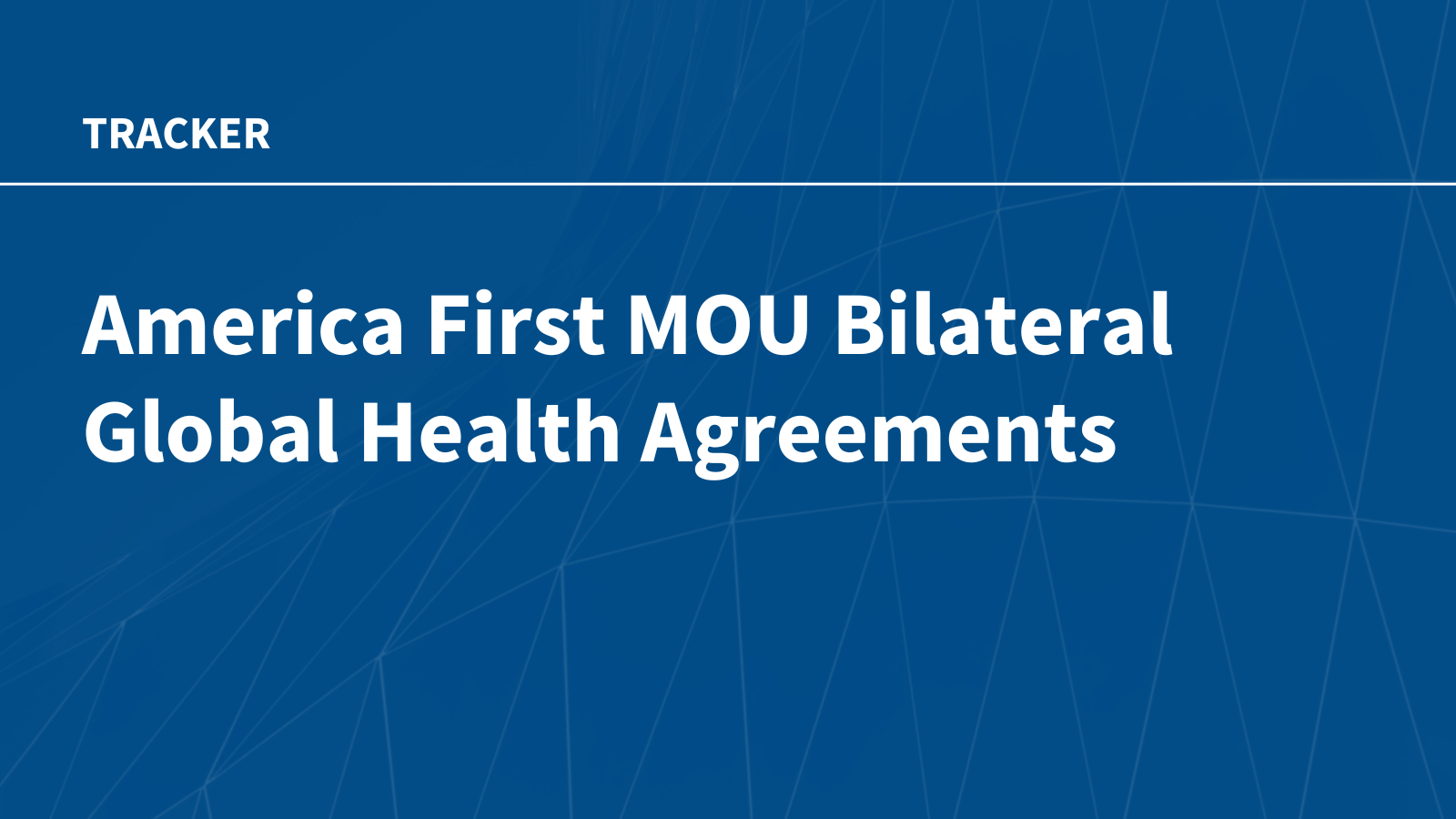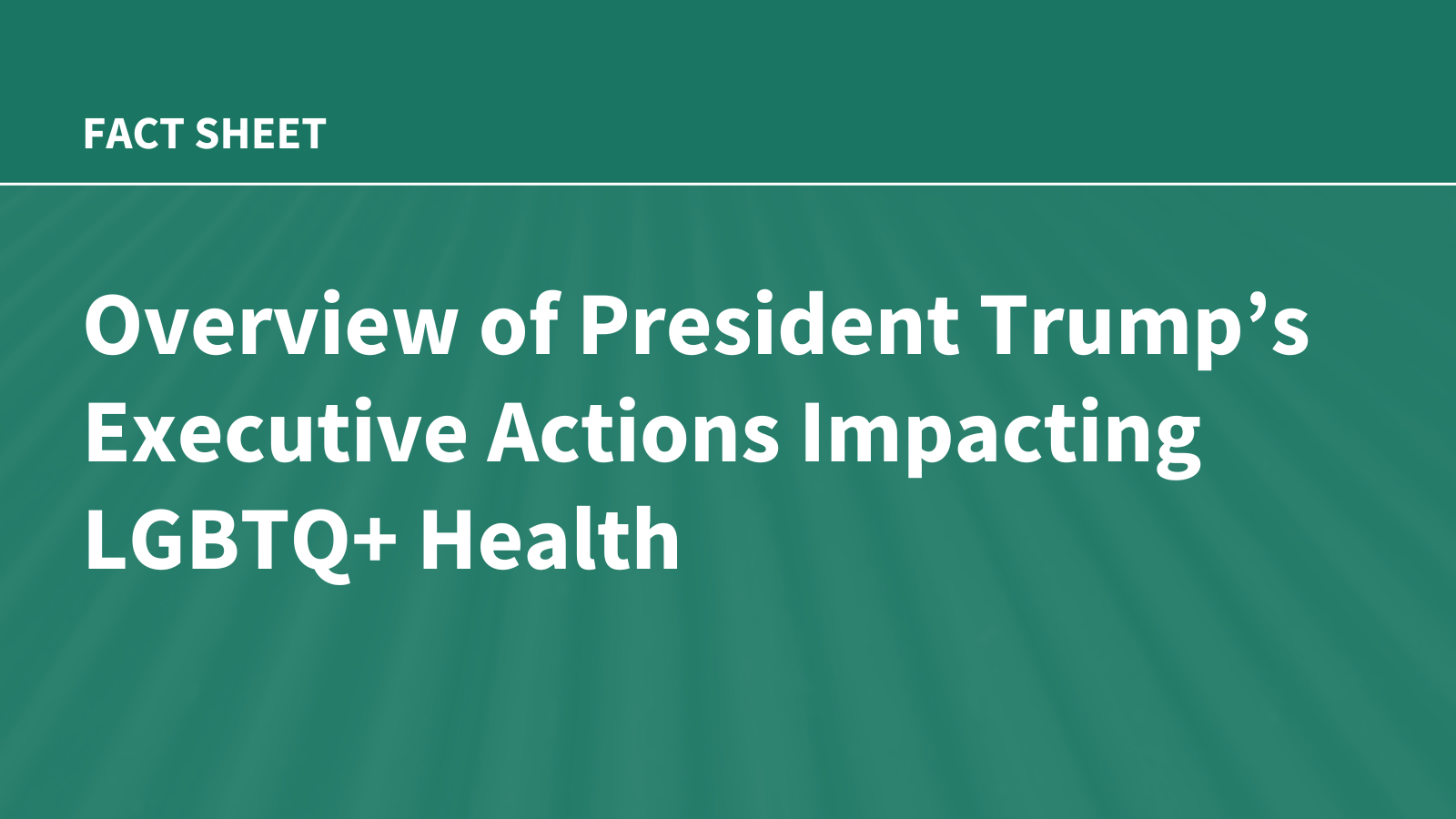BBC Politics Reporter, Somerset
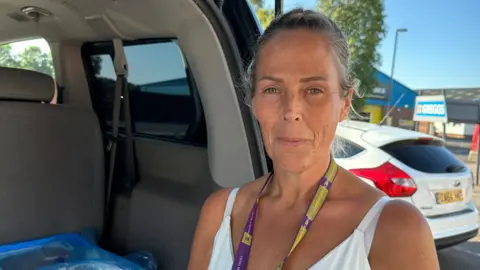 BBC
BBC“To go home and know you’ve left them – we’ve had to tuck women into foil blankets and just say ‘see you later’ – that can be heartbreaking sometimes.”
Dani Brown has just spent hours of her Wednesday evening driving and walking around the streets of Bridgwater, Somerset.
She’s an outreach worker with the town’s women’s centre run by a charity, The Nelson Trust.
Every week she and a colleague go looking for homeless women who may need their help.
They load up a van with supplies from instant noodles and hot water, to underwear, panic alarms and sanitary products, and go out offering practical help and advice.
And Sarah, not her real name, knows what a difference this “brilliant” work can make.
After five years using heroin, shoplifting, having her kids taken into care, and sleeping “in garages, on the streets, in alleyways”, she has now been clean for 18 months.
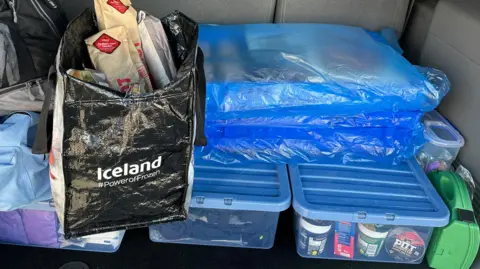
Now 38, Sarah “didn’t feel quite so alone” once she found the Bridgwater Women’s Centre team after one of many arrests for shoplifting, when she was sent to prison for her second time.
“That’s when I’d had enough. I really missed my kids, obviously I always miss my children, but that’s when it clicked like nothing’s gonna change until I got off the stuff.
“Now, being clean, everything else just falls into place,” she said.
For the outreach team, Sarah’s is a huge success story.
No longer sleeping rough, she is now in temporary accommodation and hoping to go to college later this year.
She also sees her son everyday which she said is “amazing – I didn’t ever think I’d get that back”.
And she’s been been off methadone for the last six weeks: “I’m quite proud of that,” Sarah admitted.
Other women Dani and her colleague have seen are still in difficult situations.
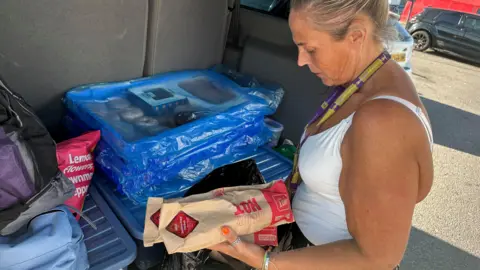
“All the women I support are homeless, they also have complex needs regarding mental health, substance misuse, family breakdowns, they might be facing violence from a partner or another individual,” said Dani.
On this particular evening she’d managed to see ten women, three of whom were new or she hadn’t seen for a long time.
“They were in parks, in town, we’ve seen women in tents, also outside the town centre who have made what they feel is a safe environment – but that’s a risky situation to be in,” she said.
As well as handing out food and supplies, Dani and her colleague have also given out advice.
Once a month they’re joined by sexual health nurses for the evening.
On this occasion they’ve helped one woman get emergency accommodation for the night and sent emails to “many different professionals” to help others.
Night-time ‘most risky’
“We’ve got a GP coming in to the centre tomorrow so we were able to get four women to agree to come in and see the GP who don’t currently access medical support – having that place of safety and that little prompt tonight has really helped,” said Dani.
Dani said it’s difficult leaving the women she comes into contact with.
“In the evening, through the night-time, that’s when women are at risk of violence – whether that’s physical or sexual – because they’re so vulnerable.”
“The risks can women can be put into, and the risks that come to them when they’re asleep – they’re scared,” she said.



